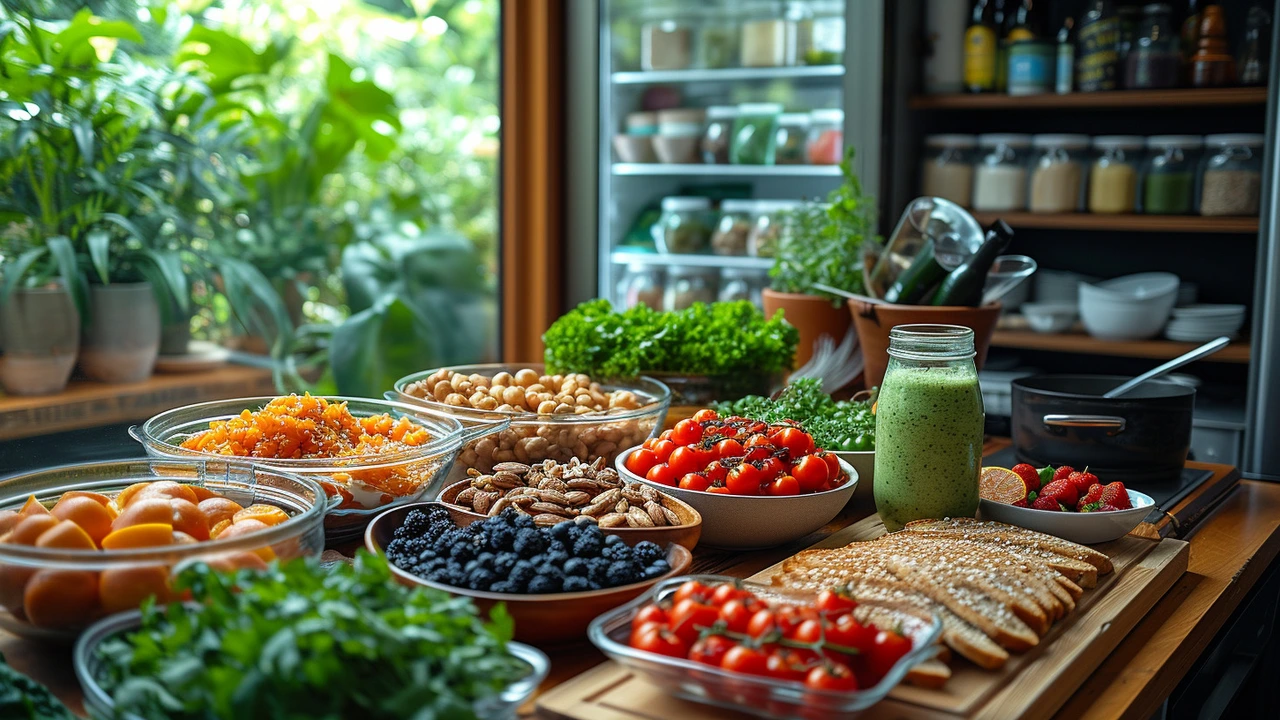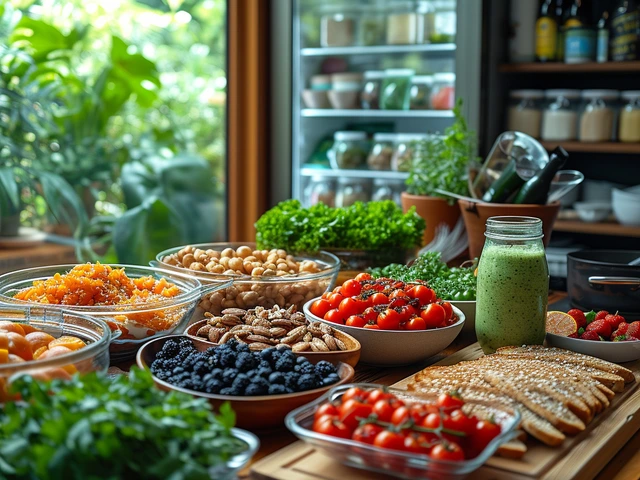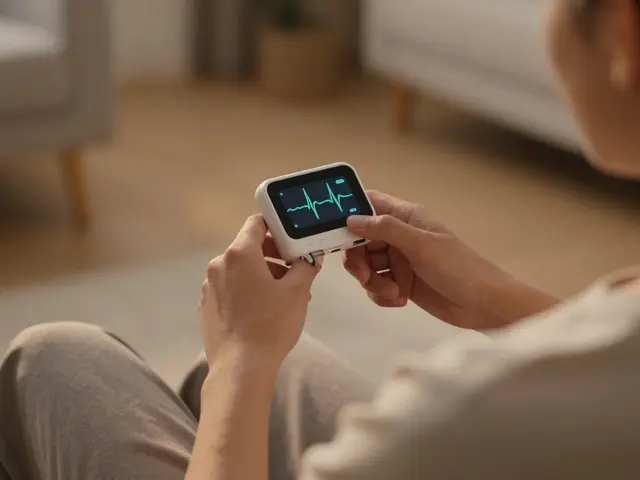Better Digestion: Simple Habits That Work
Poor digestion drains your energy, wrecks your sleep, and makes you feel off. You don’t need a miracle cure. Small changes to how you eat and move fix most common digestion problems.
Start with how you eat. Slow down and chew. Aim for 20 to 30 chews per bite. That gives enzymes a head start and cuts bloating. Sit at a table, not while scrolling. Eating on the move triggers gut stress and often leads to overeating.
Balance fiber, but change it slowly. Soluble fiber (oats, apples, beans) soothes and feeds friendly bacteria. Insoluble fiber (whole grains, broccoli, carrots) adds bulk and prevents constipation. Add a serving of vegetables or whole grains at one meal, wait three to five days, then add more. Too much fiber too fast can cause gas.
Keep a steady water habit. Try about eight cups a day, more if you sweat or exercise. Sip water through the day and with meals. If you have reflux, a full glass with a heavy meal can help digestion, but avoid gulping very cold drinks during meals if they make you feel uncomfortable.
Use food as medicine. Probiotic foods such as plain yogurt, kefir, sauerkraut, and kimchi can help rebalance gut bacteria. Prebiotic foods garlic, onion, leeks, bananas, and oats feed those good bugs. If you try a probiotic supplement, pick one with at least a few strains and follow the label for dose and storage.
Move daily. A short walk after meals helps move food through the gut and often eases bloating. Aim for 20 to 30 minutes of moderate activity most days. Strong exercise is fine, but avoid intense workouts right after a big meal.
Watch common triggers. Fried foods, excess alcohol, and lots of caffeine often make digestion worse. Keep a simple food log for two weeks: note what you eat and how you feel. Patterns show up fast and point to the one or two things worth cutting back on.
Reduce stress with quick tools. Deep breathing, a five-minute body scan, or a brief walk outside lower the nervous system tension that slows digestion. Practice one calming routine daily and use it before stressful meals.
Time your meals. Try to leave two to three hours between a large meal and bedtime. Late heavy eating increases heartburn and disrupts sleep. Small, light snacks late at night are usually fine if they don’t trigger your symptoms.
When to see a pro: get medical help for severe, persistent pain, unexplained weight loss, blood in stool, or ongoing vomiting. For chronic bloating or changes in bowel habits, a primary care provider or gastroenterologist can run tests and give targeted advice.
Small steps add up. Pick two habits from this list, try them for two weeks, and notice how your digestion changes.
Quick checklist
Quick checklist: chew each bite, add one vegetable serving, drink a cup of water between meals, walk 15 minutes after dinner, try one probiotic food daily, note any trigger foods. Start today and track small wins daily.
Exploring Nutritious Snacking and Optimal Digestion: A Scientific Approach
Hey there, friends! Have you ever pondered what makes some snacks so much better for your tummy than others? Well, I'm just as curious as you are, and I've been digging deep into the science that unravels the mystery of healthy snacking and its impact on digestion. Join me as we take a fascinating journey through choosing the right munchies that not only satisfy those hunger pangs but also keep our gut happy and functioning smoothly. From fiber-rich foods to the power of enzymes, we'll explore all the yummy details. So, ready to snack smarter and feel great? Let's find out together!
View More





